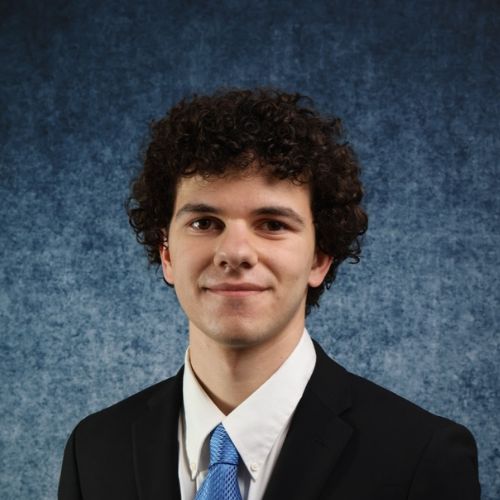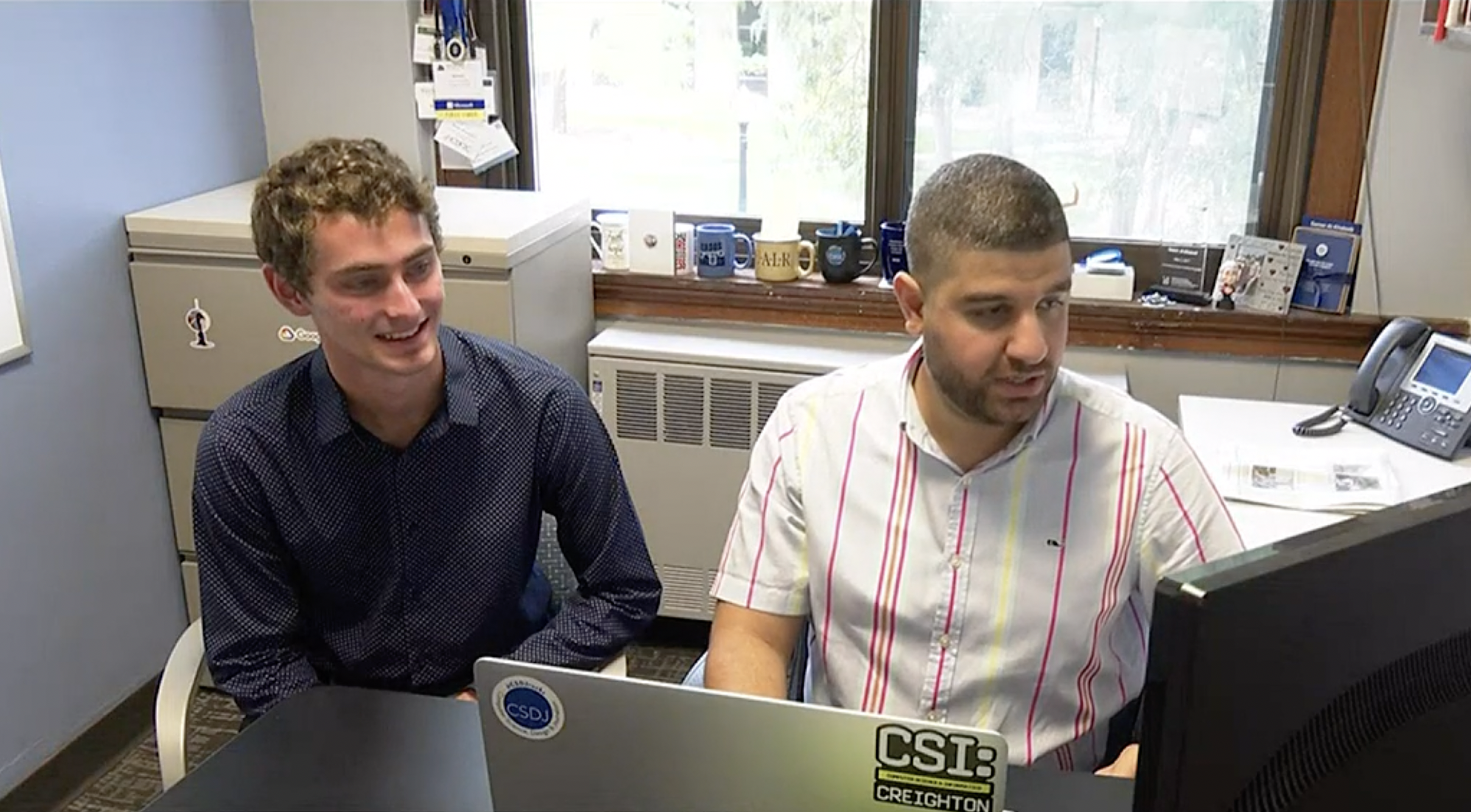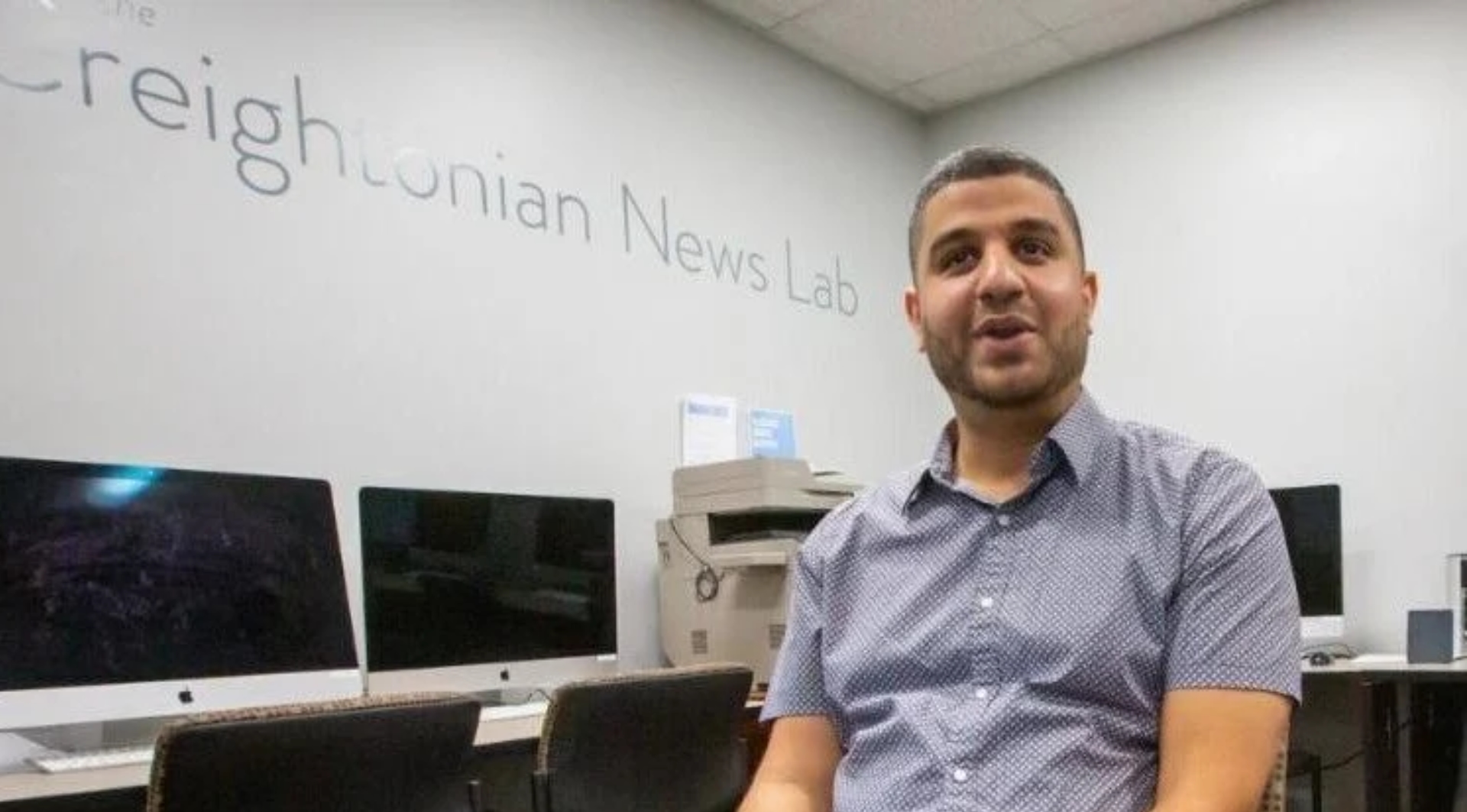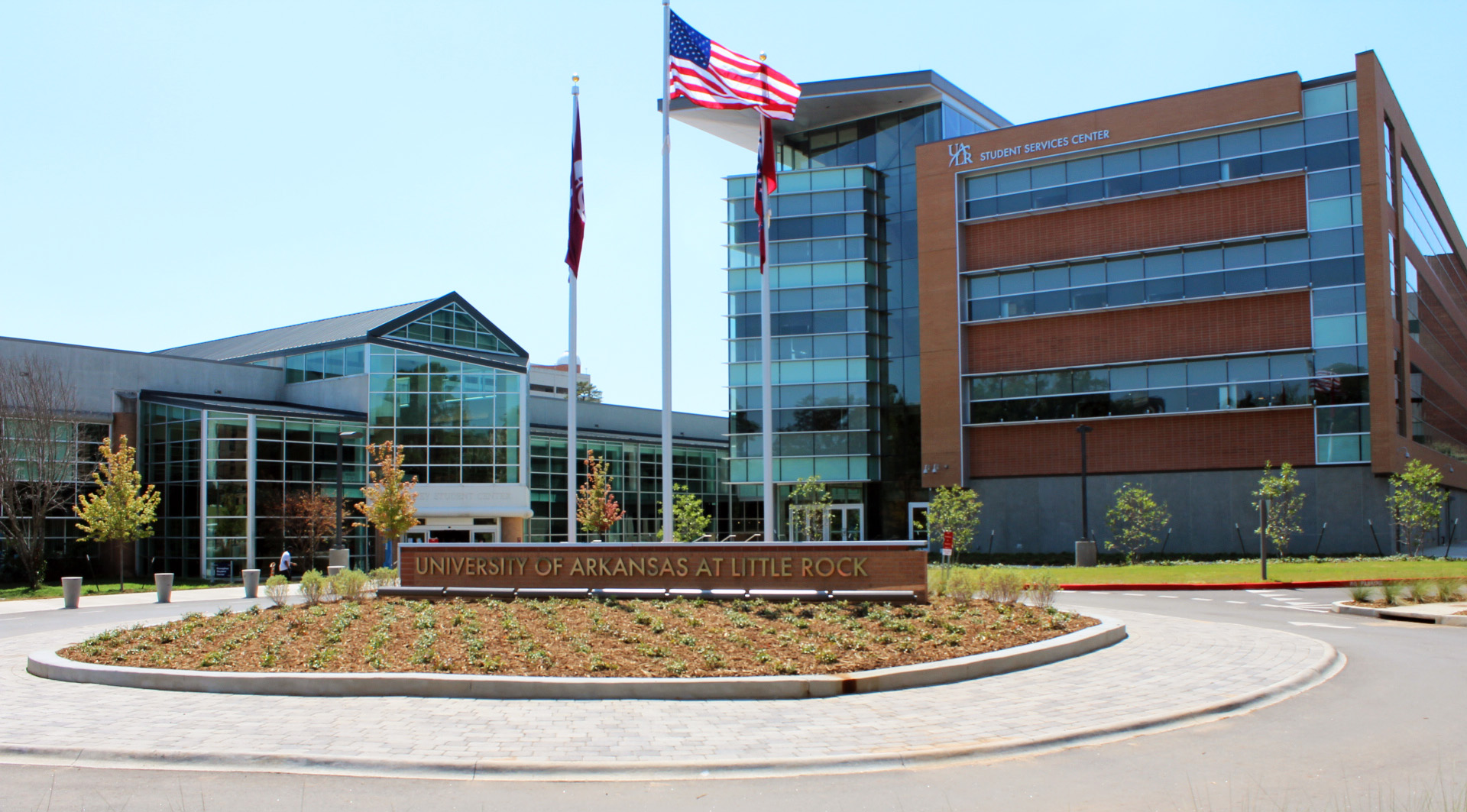A mob is an event that is organized via social media or other forms of digital communication technologies in which a group of people (who might have an agenda) get together online or offline (or both) to collectively conduct an act and then disperse. Recently, mob-like events have become widespread, globally, due to the affordability of social media, ease of use, effectiveness of individuals or groups in conducting coordinated acts, the anonymity of the internet, and various other factors.
However, this topic is heavily understudied. Studying mobs is challenging due to the lack of data, theoretical underpinning, and computational resources. This project aims to develop a model that can simulate mobs guided by constructs extracted from various social science theories. Then use the model to study the behavior of the mobbers, the motivations of their organizers, and to be able to predict mobs’ success or failure. Real-world data, albeit limited, will be used to evaluate the simulation-driven model in a real-world setting.
The project seeks answers to the following research questions:
- Which social science theories can provide rigorous grounding to model mobs?
- Which factors found in the social science literature can help us better understand the mob phenomenon?
- Given a set of factors, how can we develop a model with predictive capabilities? furthermore, which factor(s) are most helpful in predicting the success or failure of a mob? and what roles do synthetic or inorganic (e.g., bot-driven) communications/behaviors play in mob dynamics?
Findings from this research will be used to build tools that could assist the U.S. DoD in gaining situational awareness and preparing for strategic intervention with mobs that could take a violent turn during military exercises; humanitarian crises and disaster relief operations; or around military bases.
This project will result in three major deliverables: (1) a model that can simulate mobs to answer questions about mob's outcome and mobbers' behavior, (2) peer-reviewed articles, and (3) an online tool that implements the model.
Team
Professors

Samer Al-khateeb, Ph.D.
Associate Professor of Computer Science
Department of Computer Science, Design and Journalism, Creighton University.

Nitin Agarwal, Ph.D.
Jerry L. Maulden-Entergy Endowed Chair & Distinguished Professor
Director, Collaboratorium for Social Media and Online Behavioral Studies (COSMOS), UA-Little Rock.

Rebecca Murray, Ph.D.
Professor of Criminal Justice
Associate Dean, College of Arts and Sciences, Creighton University.
Students

Ariana Mondiri
Computer Science
Senior
Department of Computer Science, Design and Journalism, Creighton University.

Conler Simmons
Computer Science & Data Science
Senior
Department of Computer Science, Design and Journalism, Creighton University.

Caleb Cannon
Computer Science & Philosophy
Junior
Department of Computer Science, Design and Journalism, Creighton University.

Cameron Kelly
Data Science, Computer Science
Junior
Department of Computer Science, Design and Journalism, Creighton University.

Owen McGrath
Computer Science & Business Intelligence and Analytics
Junior
Department of Computer Science, Design and Journalism, Creighton University.
Alumni

Luke Zacher
Computer Science & Graphic Design
Department of Computer Science, Design and Journalism, Creighton University.

James Brainard
Data Science & Psychology
Department of Computer Science, Design and Journalism & Department of Psychological Science, Creighton University.

Jack Burright
Computer Science
Department of Computer Science, Design and Journalism, Creighton University.

Bridget Orr
Medical Anthropology, Sociology, & Criminal Justice
Department of Cultural and Social Studies, Creighton University.

Ishmam Solaiman
Computer Science, M.S.
Collaboratorium for Social Media and Online Behavioral Studies (COSMOS), UA-Little Rock.
Publications
Project Publications/Deliverables
-
Poster
Own McGrath, Luke Zacher, and Samer Al-khateeb. "Mobs Simulator: A Multi-theoretical Stochastic Agent-based Modeling Tool to Study Mobs Outcome & Mobbers Behaviors," Presented at the National Conference on Undergraduate Research (NCUR 2025), April 7-9, 2025, Pittsburgh, PA, USA. Click here to download the poster.
- The poster was also presented during the Creighton University Research Week on April 1-2, 2025, at the Ahmanson Ballroom - Mike and Josie Harper Center.
- It was also presented at the CSDJ Department Showcase Night.
- Journal Article Rebecca Murray, Bridget Orr, Samer Al-khateeb, and Nitin Agarwal. "Constructing A Multi-Theoretical Framework for Mob Modeling". The Social Network Analysis and Mining journal, Volume 15 article number 33, Published April 4, 2025. DOI: https://doi.org/10.1007/s13278-025-01449-4.
- Journal Article Jack Burright and Samer Al-khateeb. "A Comparative Analysis of the Ethics of Gene Editing: ChatGPT vs. Google Bard". The Journal of Computational and Mathematical Organization Theory (CMOT), Published September 24, 2024. DOI: https://doi.org/10.1007/s10588-024-09392-z.
- Conference Proceedings Samer Al-khateeb, Jack Burright, Steven L. Fernandes, and Nitin Agarwal. "Analyzing and Predicting Meetup Mobs Outcome Via Statistical Analysis and Deep Learning" the 17th International Conference on Social Computing, Behavioral-Cultural Modeling & Prediction and Behavior Representation in Modeling and Simulation. September 18-20, 2024.
- Conference Presentation Samer Al-khateeb and Nitin Agarwal." Mobs Simulation Guided by Social Science-Based Multi-Theoretical Framework". The 33rd European Conference on Operational Research June 30, 2024 – July 3, 2024. Technical University of Denmark (DTU), Copenhagen, Denmark.
- Journal Article Samer Al-khateeb, Jack Burright, and Nitin Agarwal. "Evaluating collective action theory-based model to simulate mobs". Social Network Analysis and Mining. Volume 14, 127 (2024).
- Poster Orr, B., Murray, R., Al-khateeb, S., & Burright, J. "Multi Theoretical Framework for Mob Modeling," the 2023 Annual Meeting of the American Society of Criminology. Seeking Justice: Reconciling with our Past, Reimagining the Future. November 15-18, 2023 Philadelphia, PA, USA. Click here to download the poster.
- PosterAl-khateeb, S., Murray, R., & Agarwal, N. "A Multi-Theoretical Network for Mobs Modeling," the 2023 Basic Research Art of Science Showcase in honor of AFRL/AFOSR's 71 years of research innovation, organized by the U.S. Air Force Office Of Scientific Research. Click here to download the poster.
- Invited PresentationAl-khateeb, S. (2023, June) Building a Computational Model of Mobs Leveraging Social Science Theories. Presented virtually to the South Big Data Hub Social Cybersecurity Working Group on June 1, 2023.
- Conference ProceedingsAl-khateeb, S., Burright, J., Murray, R., & Agarwal, N. (2023, May). An Agent-Based Model of Mobs Using Theoretical Constructs of Collective Action. In 2023 Annual Modeling and Simulation Conference (ANNSIM) (pp. 258-269). IEEE.
- Conference ProceedingsAl-khateeb, S., Agarwal, N. (2023, May). Studying Simulated Mobs Using Monte Carlo Method and the Theory of Collective Action. In: Agarwal, N., Kleiner, G.B., Sakalauskas, L. (eds) Modeling and Simulation of Social-Behavioral Phenomena in Creative Societies. MSBC 2022. Communications in Computer and Information Science, vol 1717. Springer, Cham. https://doi.org/10.1007/978-3-031-33728-4_1
- PosterBurright, J., Al-khateeb, S. (2023, April). Utilizing NetLogo to Simulate Mobs: An Agent-based Modeling Approach. The 2023 National Conference on Undergraduate Research (NCUR 2023), April 13-15, 2023, University of Wisconsin, Eau Claire, Wisconsin, USA.
Related Publications
- PresentationAl-khateeb, S. (2021, April). "Designing and Implementing a Data Repository for Cyber Flash Mobs". St. Albert Day (Creighton University Research Day) on April 20-22, 2021. Click here to download the poster.
- Journal PaperAl-khateeb, S., Agarwal, N. Flash mob: a multidisciplinary review. Soc. Netw. Anal. Min. 11, 97 (2021). https://doi.org/10.1007/s13278-021-00810-7.
- Conference ProceedingsAl-khateeb, S., Anderson, M., Agarwal, N. (2021). Studying the Role of Social Bots During Cyber Flash Mobs. In: Thomson, R., Hussain, M.N., Dancy, C., Pyke, A. (eds) Social, Cultural, and Behavioral Modeling. SBP-BRiMS 2021. Lecture Notes in Computer Science(), vol 12720. Springer, Cham. https://doi.org/10.1007/978-3-030-80387-2_16
- Conference ProceedingsAl-khateeb, S., & Agarwal, N. (2015, March). Analyzing flash mobs in cybernetic space and the imminent security threats a collective action based theoretical perspective on emerging sociotechnical behaviors. In 2015 AAAI Spring Symposium Series.
- Conference ProceedingsAl-khateeb, S., & Agarwal, N. (2015). Analyzing deviant cyber flash mobs of isil on twitter. In Social Computing, Behavioral-Cultural Modeling, and Prediction: 8th International Conference, SBP 2015, Washington, DC, USA, March 31-April 3, 2015. Proceedings 8 (pp. 251-257). Springer International Publishing.
- Journal PaperAl-khateeb, S., & Agarwal, N. (2014). Developing a conceptual framework for modeling deviant cyber flash mob: a socio-computational approach leveraging hypergraph constructs. Journal of Digital Forensics, Security and Law, 9(2), 10.
- Extended AbstractAl-khateeb, S., & Agarwal, N. (2014, September). Modeling flash mobs in cybernetic space: Evaluating threats of emerging socio-technical behaviors to human security. In 2014 IEEE Joint Intelligence and Security Informatics Conference (pp. 328-328). IEEE.









